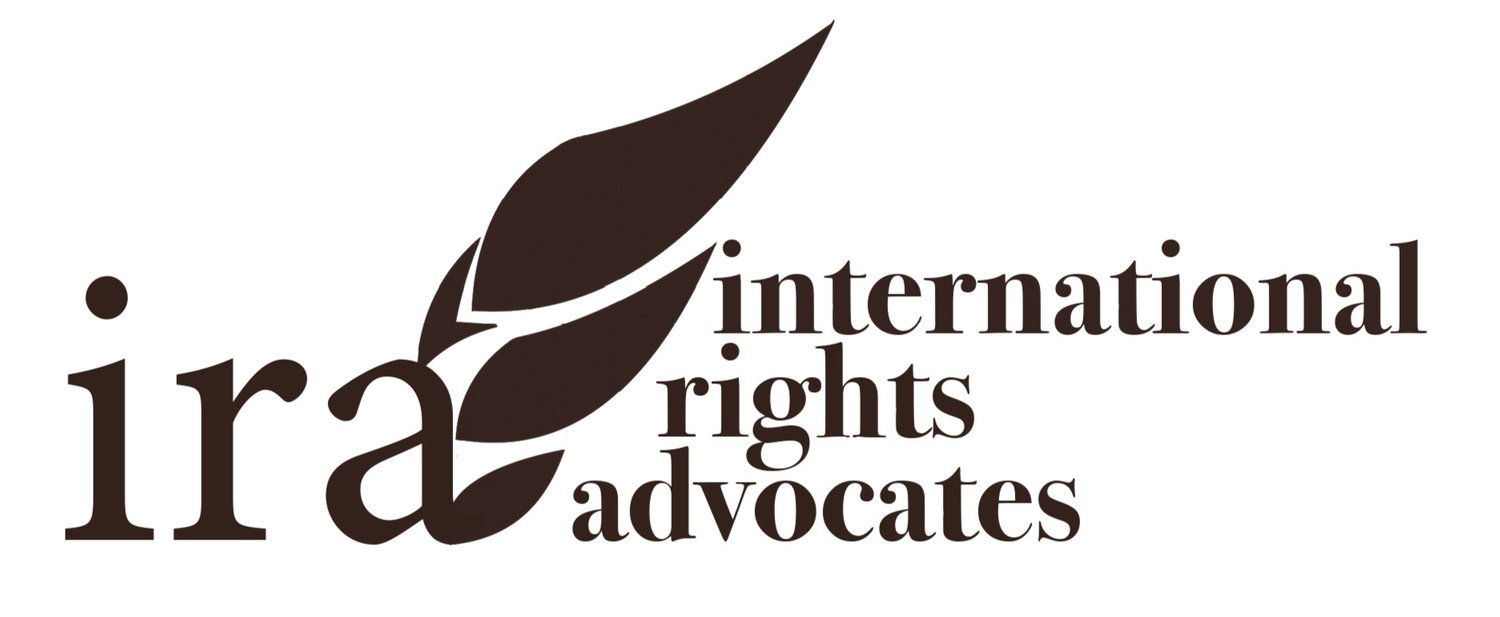Before Judge Oberdorfer retired, he issued a procedural ruling that included the following quote that really captures the essence of what the IRAdvocates is trying to accomplish with this and other cases
“The United States, as leader of the free world, has an overarching vital interest in the safety, prosperity, and consequences of the behavior of its citizens, particularly its super-corporations conducting business in one or more foreign countries.” - Judge Oberdorfer, Doe v. Exxon Mobil Corp, 2006 WL 516744, at *2 (D.D.C. Mar. 2, 2006). .
The ExxonMobil (“Exxon”) case was filed on June 11, 2001 on behalf of eleven villagers from Aceh who were victims of human rights abuses by Exxon’s security forces. They alleged that Exxon knowingly employed brutal military troops to protect its operations, and the company aided and abetted the human rights violations through financial and other material support to the security forces. The claims were based on the Alien Tort Statute (ATS), the Torture Victims Protection Act (TVPA), and state tort law.
Following an extensive briefing period and then oral argument on Exxon’s initial motion to dismiss, the case was dormant until District Judge Oberdorfer ruled in 2005 and dismissed Plaintiffs’ federal claims under the ATS and TVPA. The decision was based largely on the U.S. State Department’s assertion through a Statement of Interest that the case would damage U.S. relations with Indonesia. [link] This was one of the most blatant political interventions in a judicial branch case ever. Subsequent discovery documented that Exxon lobbied former Vice President Dick Cheney to secure the Bush Administration’s support for intervening in the case to protect Exxon from legal liability.
The Exxon Mobile case is our oldest case. IRAdvocates’ Executive Director Terry Collingsworth visited Aceh, Indonesia in early 2001 at the request of student activists from the area who were documenting that Exxon’s military security force in Aceh was brutalizing local villagers who lived or worked near Exxon’s natural gas liquification facilities.
Background
In an attempted balancing act, Judge Oberdorfer dismissed the federal claims over concern about foreign relations but allowed the state tort law claims to go forward, which presumably would likewise raise issues that Indonesia would find unwelcome. However, the court did limit discovery to the U.S. conduct of Exxon. The case then went forward based on state law claims. After Plaintiffs amended their complaint in January 2006, Exxon again moved to dismiss, and this time, on March 2, 2006, the court denied the motion.
The parties then began limited discovery on whether Plaintiffs could show that Exxon, from the U.S., controlled the Indonesia military security forces to a degree sufficient to allow the case to go to trial. After discovery was completed, Exxon filed a motion for summary judgment. On August 27, 2008, Judge Oberdorfer denied the motion with respect to Exxon and its main operating subsidiary, Exxon Mobil Indonesia (EMOI). Shortly after issuing the summary judgment decision, Judge Oberdorfer, who was on senior status, retired. The case was reassigned to Chief Judge Royce Lamberth.
On September 9, 2009, the court then, on a new motion by Exxon directed at four more recently added plaintiffs, dismissed the entire case. The court reasoned that foreign plaintiffs had no standing to sue in a U.S. court. Plaintiffs appealed both Judge Oberdorfer’s dismissal of the federal claims and Judge Lamberth’s dismissal of the remaining state law claims. On July 8, 2011, the Court of Appeals for the D.C. Circuit reversed both dismissals. By a vote of 3-0, the Court held that there is no standing bar to foreign plaintiffs in U.S. courts. By a 2-1 vote, the Court also reinstated Plaintiffs’ federal claims under the ATS and TVPA.
Following reinstatement of Plaintiffs’ federal claims, the D.C. Court of Appeals stayed all proceedings pending the Supreme Court’s decision in Kiobel v. Royal Dutch Petroleum Co. on April 17, 2013. In Kiobel, the Supreme Court held the presumption against extraterritorial application of U.S. laws applies to the ATS, and ATS claims do not touch and concern the U.S. with sufficient force to displace the presumption and permit jurisdiction where all the relevant conduct takes place outside the United States. Kiobel, 133 S. Ct. 1659, 1669 (2013). On July 26, 2013, in light of Kiobel’s change in the jurisdictional reach of the ATS, the Court of Appeals vacated its July 2011 judgment and remanded the case back to the D.C. District Court for consideration.
Once remanded, on October 30, 2014, Exxon again moved to dismiss all of Plaintiffs’ claims. On September 24, 2014, the district court denied Exxon’s motion in large part, rejecting many of Exxon’s arguments, including that the case requires the court to pass judgment on official Indonesian acts; the case should be heard in Indonesia instead of the U.S.; effective remedies exist in Indonesia for the Plaintiffs; and that the case interferes with U.S. foreign policy. The court also granted Plaintiffs the opportunity to amend their complaint to accommodate the change in ATS law created by Kiobel; dismissed Exxon’s Indonesian subsidiary EMOI as an alternative to dismissing the case for lack of diversity jurisdiction; and held Exxon could be found vicariously liable under Indonesian law for the acts of its security personnel.
Plaintiffs filed an amended complaint on November 25, 2015, which specifically addressed Exxon’s conduct in the United States. Exxon opposed this motion and sought to dismiss the amended complaint for failure to satisfy the Kiobel jurisdictional test. On June 3, 2019, the court dismissed the federal ATS claims, leaving Plaintiffs’ claims under Indonesian law for wrongful, death, assault, battery, arbitrary arrest and detention, false imprisonment, negligent hiring and supervision, and conversion. Since that decision, the parties have completed discovery and are awaiting a trial date, where, at long last, the Plaintiffs can obtain justice and hold Exxon accountable.
🗞️ 🚩 07.27.2022 CASE UPDATE: After 21 years, our ExxonMobil case is finally going to trial on May 24, 2023. ExxonMobil used a privatized military squad to guard its natural gas facilities in Aceh, Indonesia. The military terrorized the local villagers, torturing and killing innocent people it accused of being sympathetic to local guerillas.
Click here to read on.
Case Details
Docket No. CV: 01-1357 (RCL) Op. Below Federal District Court for the District of Columbia Argument N/A Opinion N/A Vote: N/A Judge: Judge Royce C. Lamberth Term: N/A
Holding
Pending
Judgment
Pending
UPDATE:
The parties are awaiting their trial to be scheduled.
Documents
What People Are Saying
The Wall Street Journal reported on the filing of the Exxon case and that the Bush Administration, which received significant contributions from Exxon, was asked to intervene and seek dismissal of the case, which it did.
— Wall Street Journal
How you can help.
Contribute to our work by donating.
Advocate by reaching out to the companies being sued.
Sharing on social media using our toolkit








